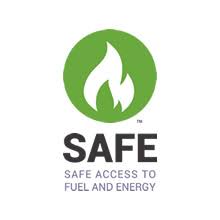
Réseau Environnement Humanitaire
Created in April 2012, the Humanitarian Environment Network aims to promote the integration of the environment among member organisations and more widely throughout the humanitarian sector. To do this, it has given itself three objectives: Conducting studies and developing tools adapted to the needs of the sector which can be… Read More





